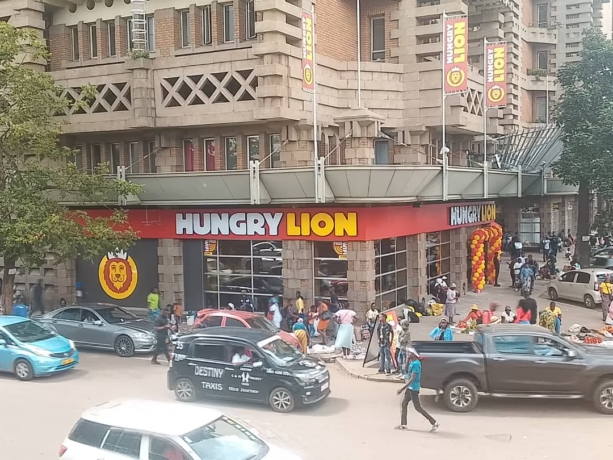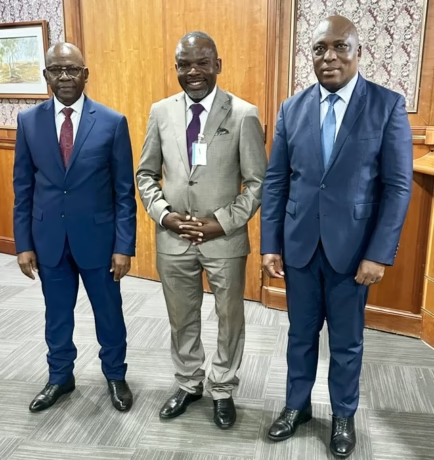
THE impact of illegal and unregulated fishing coupled by a climate change-induced decline in fish stocks in the Kariba Dam is beginning to show with the kapenta industry recording a 43 percent drop over the last five years.
Statistics released by the Lands, Agriculture, Fisheries, Water and Rural Development show that the industry suffered the decline in the kapenta population between 2017 and 2022 due to overfishing.
Source: Ministry of Lands, Agriculture, Fisheries, Water and Rural Development
Director of Fisheries and Aquaculture Resources Production Department in the Ministry of Lands, Agriculture, Fisheries, Water and Rural Development Mr Milton Makumbe said the industry was not being properly regulated leading to overfishing and the disruption of breeding processes, as some fishermen were encroaching into the breeding areas.
He said overfishing was happening even in the breeding season with fishermen taking their activities to shallow waters where they are not allowed to fish.
There is supposed to be a resting period for the kapenta, which is not happening leading to depletion in fish stocks.
“Kapenta is only able to thrive in a depth of over 20 metres and ethically, people are not supposed to fish in shallow water,” Mr Makumbe explained.
People without permits are also coming with their vessels and come out with large tonnages, he observed.
Mr Makumbe explained that Government had since signed a regional charter that was already deployed and enforced from April 8 last year.
“This will operate in water shared bodies and might be tracker put on a rig. The tracker is able to identify and monitor the volumes of the kapenta catches before and after conducting catches.
“It monitors activities in the shared water bodies where sometimes there is no jurisdiction to say this is Zimbabwean water or this is now Zambian water and you find out that theoretically, for example, when there are supposed to be 20 rigs only there will be about 50 or 60 that are coming in and taking the same kapenta,” he explained.
Government is also employing the vessel monitoring systems (VMS) with each rig expected to be fitted with one for easy monitoring of what people will be doing in the waters.
“This is the monitoring, control and surveillance charter, which will be based in Maputo, Mozambique to observe vessels that are both on Zimbabwe and Zambian waters so that there is a bit of control,” he said.
He added that the VMS would be relaying information on the goings-on in the waters to the Zimbabwean and Zambian authorities.
Herald




